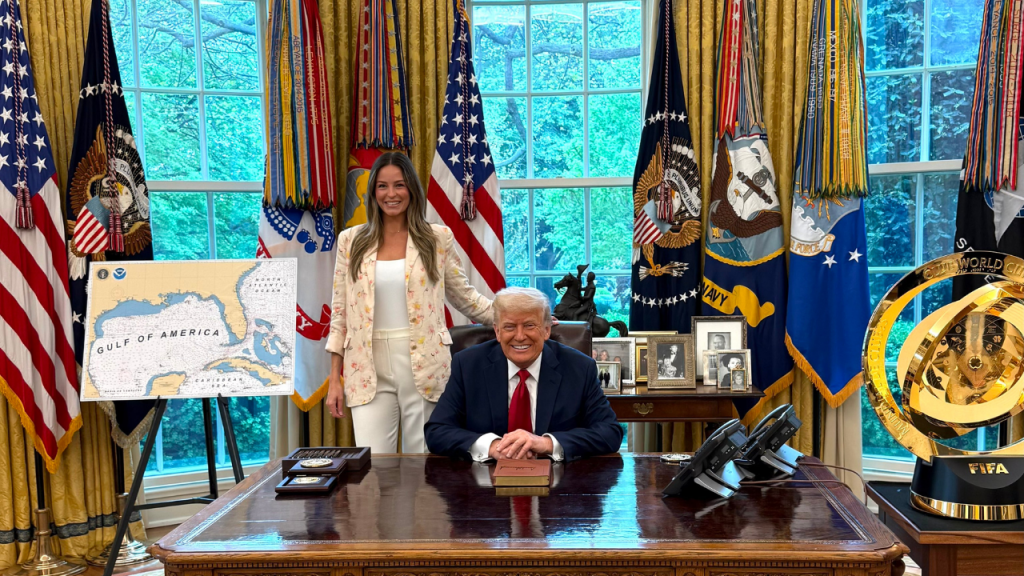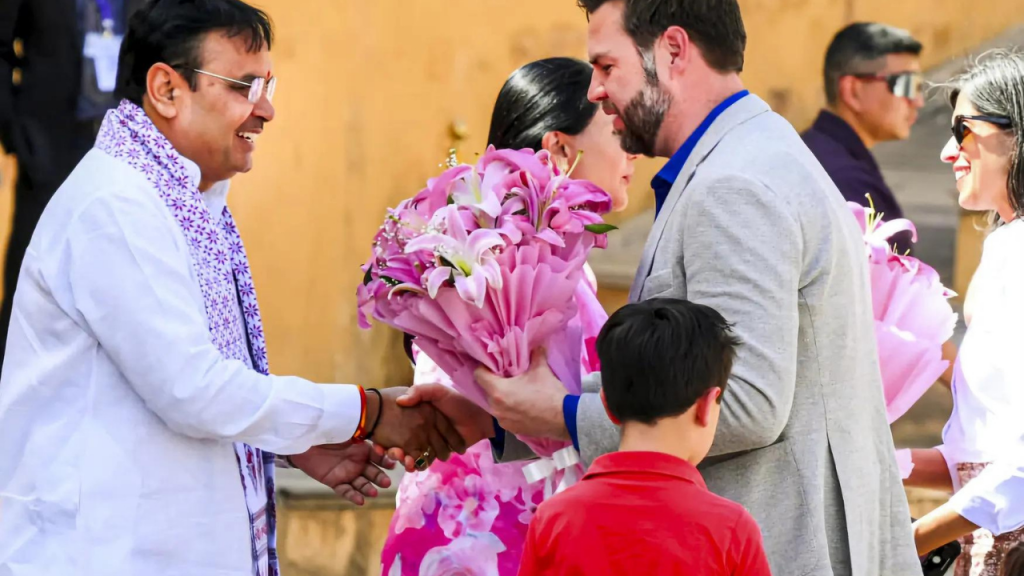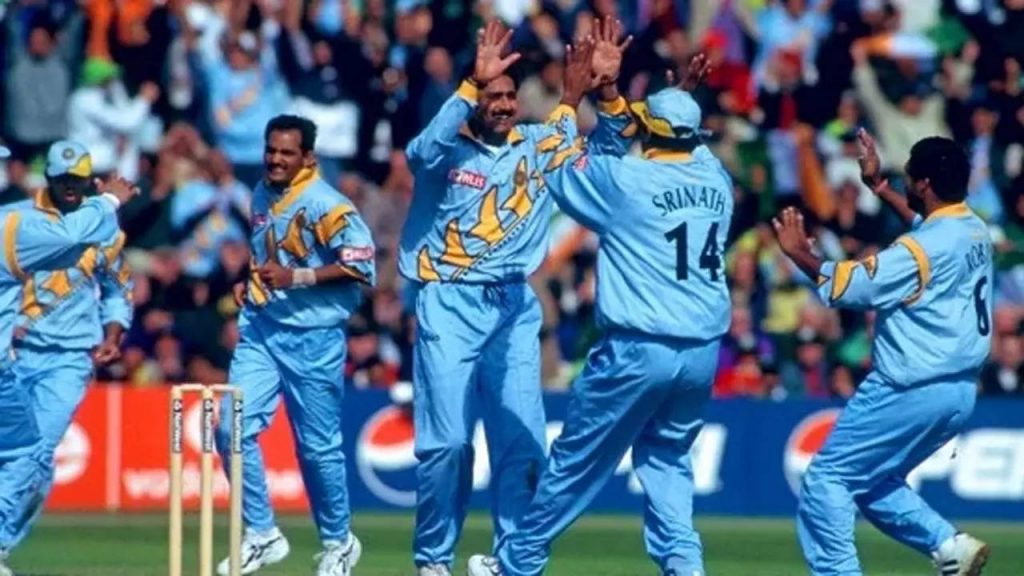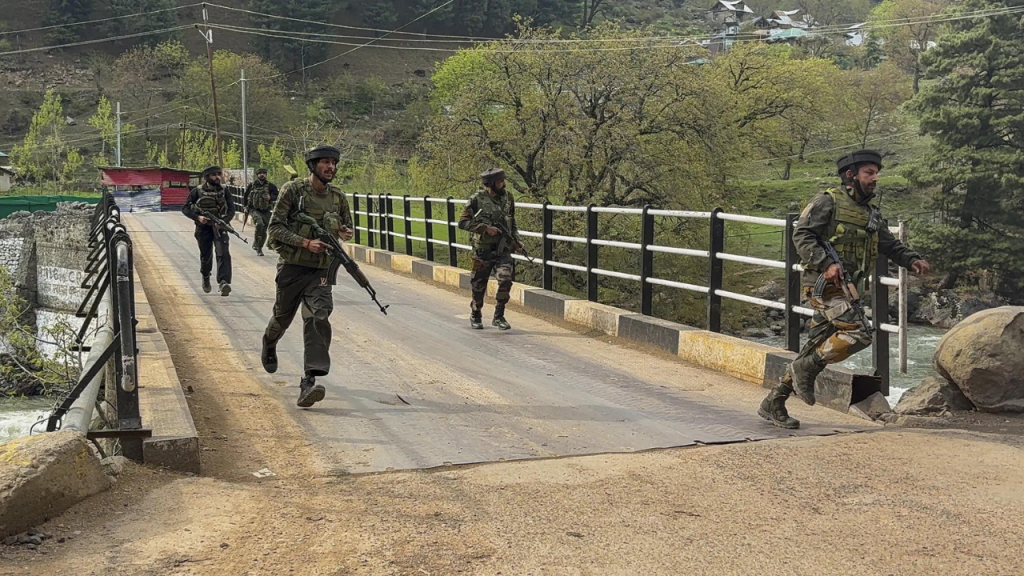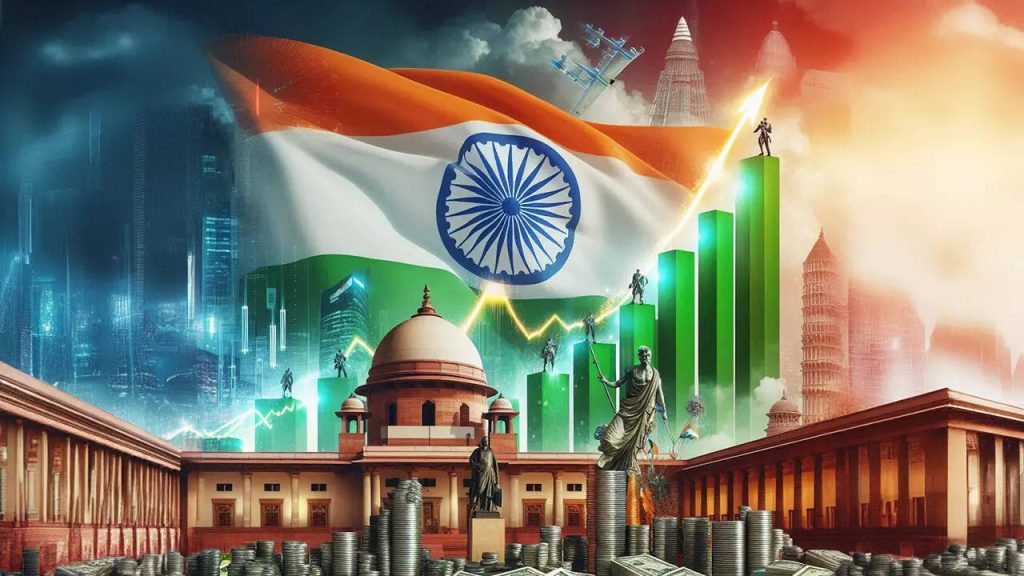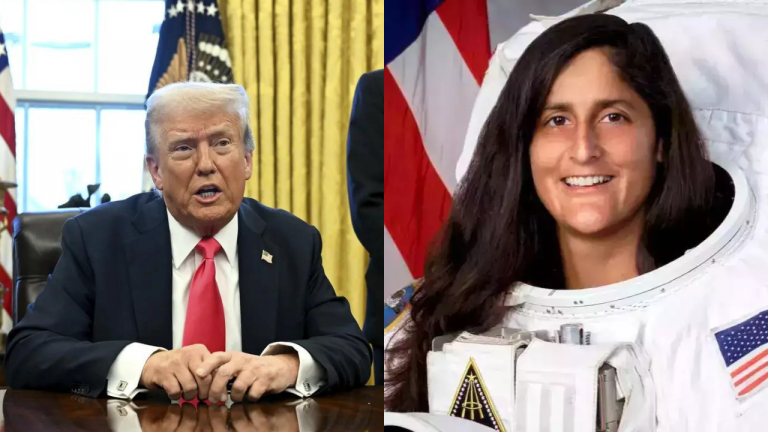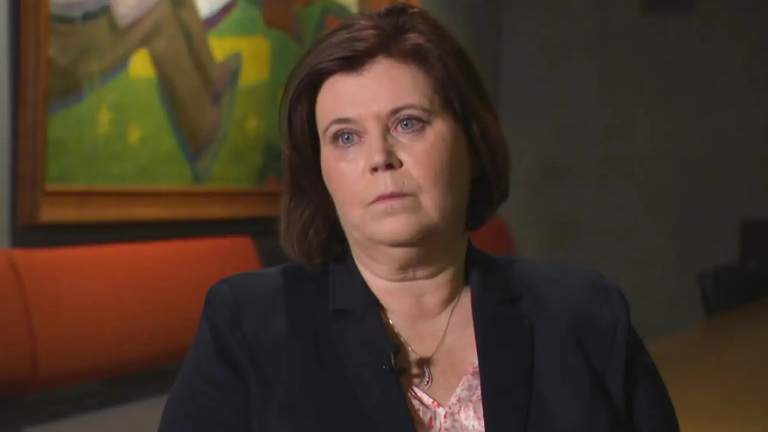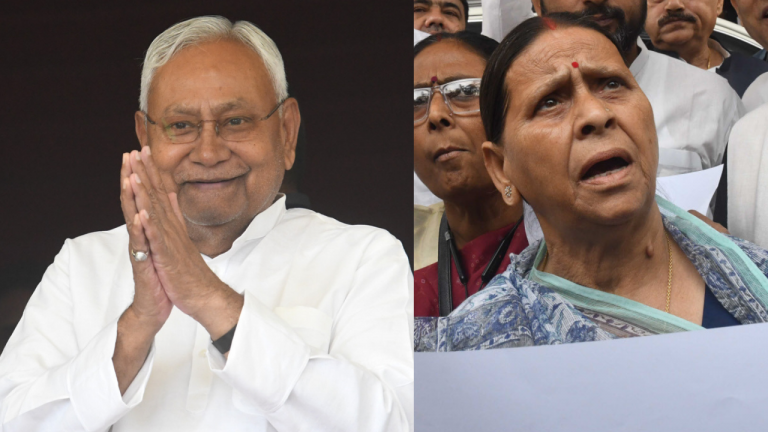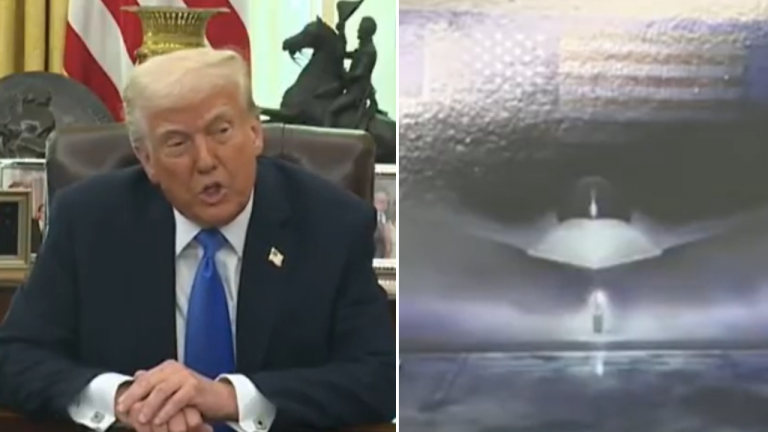In a recent development, DMK leader MK Stalin made a strong statement on his birthday, reaffirming his dedication to state autonomy, the two-language policy, and his firm stance against the imposition of Hindi. This move comes at a time when tensions are high between regional parties and the central government over language policies in India. On the flip side, the BJP has declared its intentions to launch a signature campaign in favor of the three-language policy, setting the stage for a potential clash of ideologies on the language issue.
The contrasting positions taken by Stalin and the BJP highlight the ongoing debate surrounding language policies in India. While Stalin advocates for state autonomy and the promotion of regional languages, the BJP’s push for a three-language policy signals a different approach to language diversity in the country. This divergence in opinions could potentially lead to further political discord and negotiations between the central government and regional parties on the issue of language imposition.
As the language debate continues to simmer, it remains to be seen how political parties will navigate this sensitive issue in the future. With both sides holding firm on their respective language policies, the coming days may witness heightened tensions and negotiations as stakeholders seek to find a common ground on this contentious subject.






